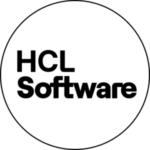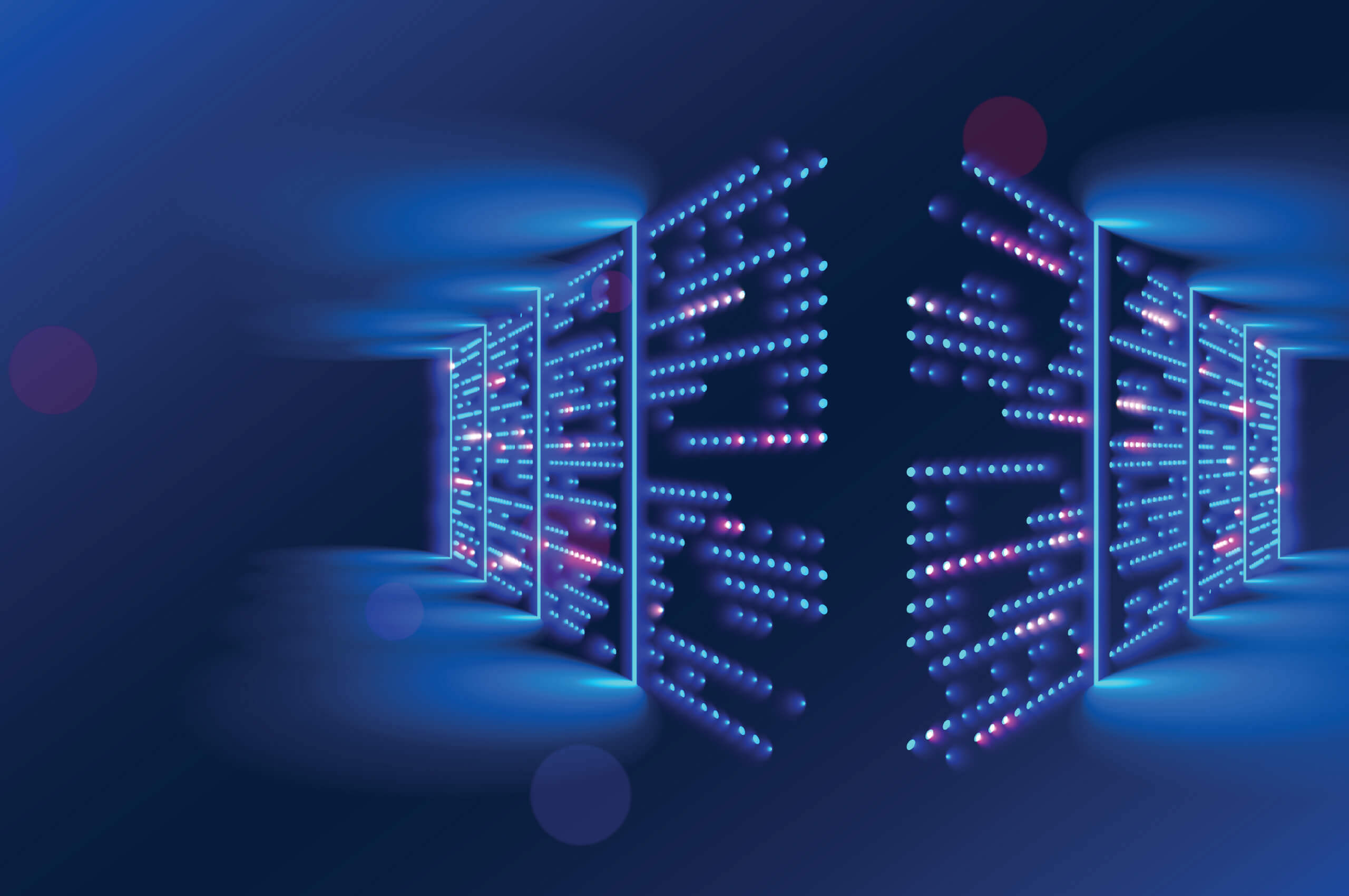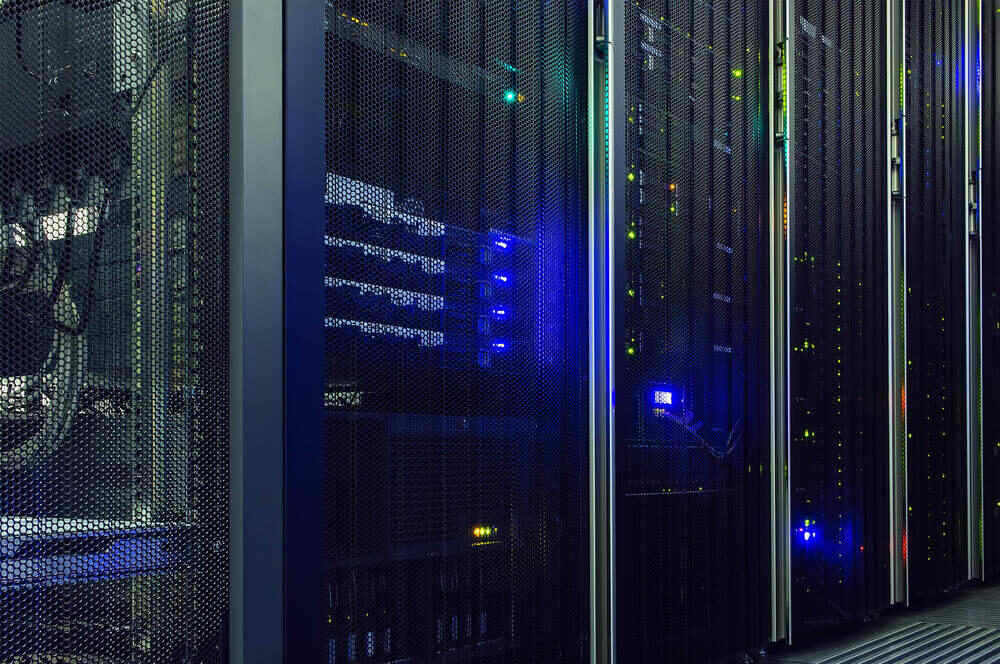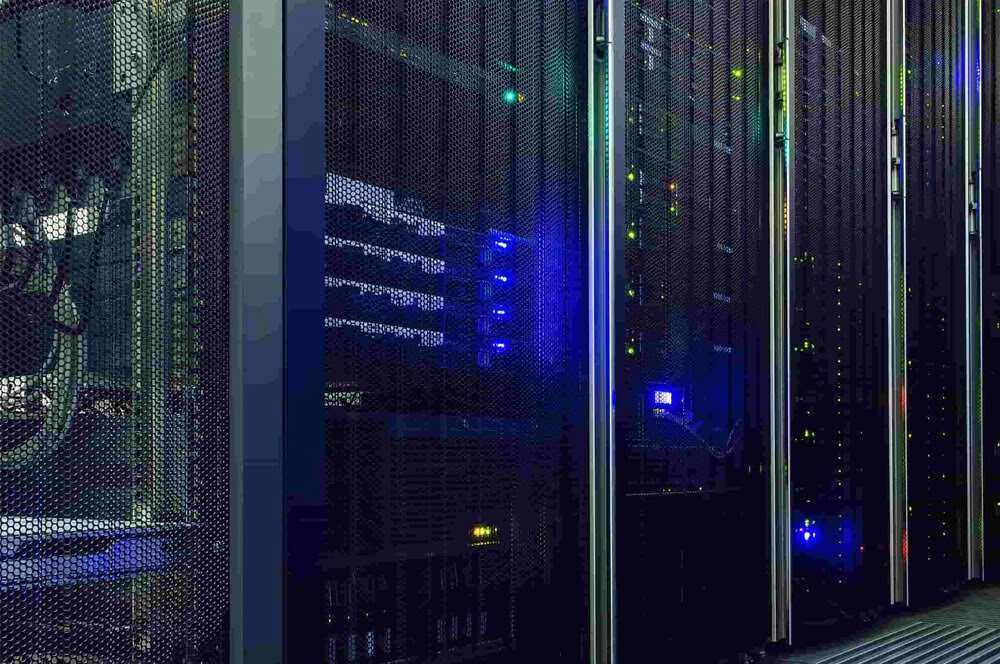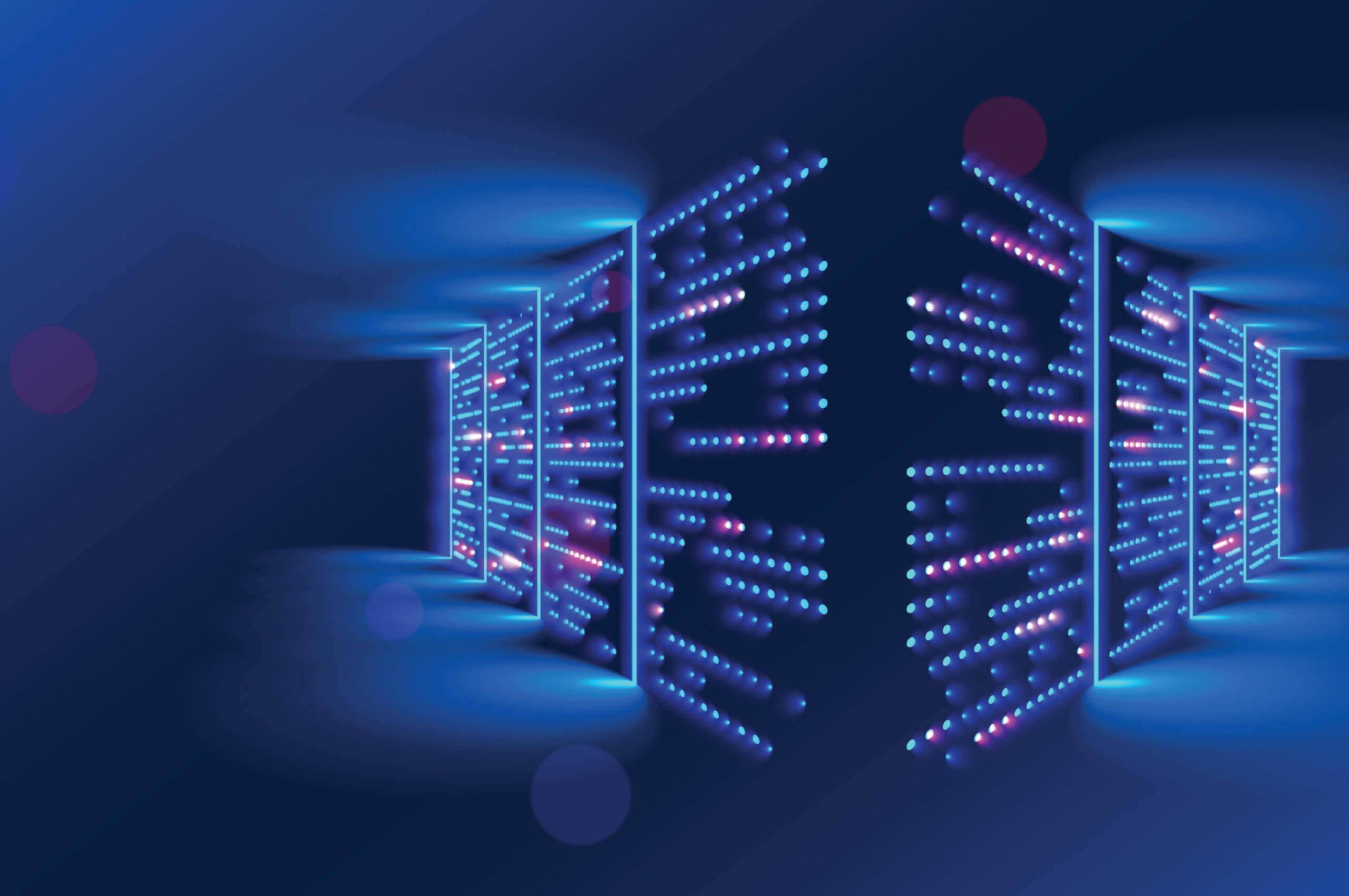Mainframes are high-performance computers with massive memory and processing capabilities that can handle trillions of calculations and transactions in real-time. They were first introduced in the 1950s and have several advantages over PCs, workstations, and minicomputers.
Bulky and necessary data processing operations are handled in the background by mainframes, sometimes known as ” big iron.” So, even though making predictions about mainframe technology is never a sure thing, it’s simple to look at current trends in the mainframe market and extrapolate from them to see how mainframes might change over the next coming years.
For years, people have been saying that mainframes are going away soon. Unfortunately, they have been mistaken so far. Although mainframes’ roles have undoubtedly evolved throughout time, they are still vital to many important industries. Therefore, it appears likely that mainframes will remain popular in ten years. (It may also be a safe bet that skeptics will still have doubts about mainframes in ten years, but we think they’ll be proven wrong.)
The Benefits of Modernizing Mainframes
Is the mainframe good for a career? Yes indeed! The mainframe is a system that has been around for a while and can undoubtedly give businesses a solid foundation if they upgrade it and prepare it for the future. A modernization strategy ensures that the mainframe system is compatible with your current business requirements. But, it offers a ton more advantages. So if you see career growth in mainframe technology, see below some of the benefits that would fix the future of mainframe technology:
Modernizing Legacy Stacks and Systems
The programming language COBOL was quite popular in its day. As a result, most of the programs now essential to the government and the financial services sector were created in that language.
These older applications are beginning to display technical constraints, given today’s enormous workloads. This makes maintenance difficult. Organizations can now connect these apps to contemporary dispersed ones by utilizing new APIs. As a result, you can maintain your current configuration while still taking advantage of the lean strategies of modern solutions.
Cloud Integration
Having a mainframe does not exclude a company from using cloud-based technologies. You can benefit from the cloud by updating the mainframe with the help of mainframe architecture. Remember that the mainframe and the cloud are similar in that they both have large amounts of storage and the ability to virtualize workloads.
Smaller MIPS Costs
Your maintenance costs rise along with your workload. The critical causes of these rising prices are specific hardware and software registration requirements. To solve the MIPS cost problem, modernize your mainframe and offload these transactions onto a distributed data infrastructure.
MFaaS Sets Up Businesses for Growth
MFaaS provides cloud-based computation and storage services. It reduces reliance on mainframes, positions businesses for development, and assists organizations in scaling capacity. The benefits of MFaaS include:
- Modern mainframes are capable of accurately and quickly processing billions of transactions.
- They can immediately spot and report errors.
- Mainframes are perfect for information storage and backup since they partition data into numerous separate and isolated units.
- Mainframes allow for flexible software. You can either run it on Linux or mainframe operating systems like z/OS. Docker containers can also be run on mainframes.
MFaaS reduces costs for the business and the hassles associated with a self-managed infrastructure while increasing availability and uptime for the data center. Additionally, it enables businesses to concentrate on critical projects and technological developments like machine learning and AI.
This method increases competitiveness and returns on investment when combined with the appropriate mainframe. Additionally, security is increased because it backs up the mainframe to multiple places.
MFaaS Can Help Modernize Legacy Mainframes
For many businesses, MFaaS is an obvious choice. It can assist modern companies in reducing their data centers and upgrading older mainframes. However, users of MFaaS must first plan and carry out a mainframe data migration strategy.
This migration strategy will need to handle crucial mainframe-to-cloud migration challenges, including security, staff training, vendor support, and the expense of transferring application data.
Many businesses cooperate with skilled managed mainframe service providers to address challenges with data migration like these. As a result, they can offer comprehensive mainframe hosting services and solutions for client-driven migration strategies.
Conclusion
The mainframe career scope is bright as the modern mainframe gives IT professionals the chance to add to their core competencies, offering those with engineering backgrounds the opportunity to grow their DevOps experience and those with DevOps experience the opportunity to learn more about mainframe systems. The mainframe industry has already made great strides in integrating mainframes with other types of infrastructure, but problems remain.
In short, mainframes will likely become faster and more flexible—while also shrinking in physical size—over the next few years.
Start a Conversation with Us
We’re here to help you find the right solutions and support you in achieving your business goals.

